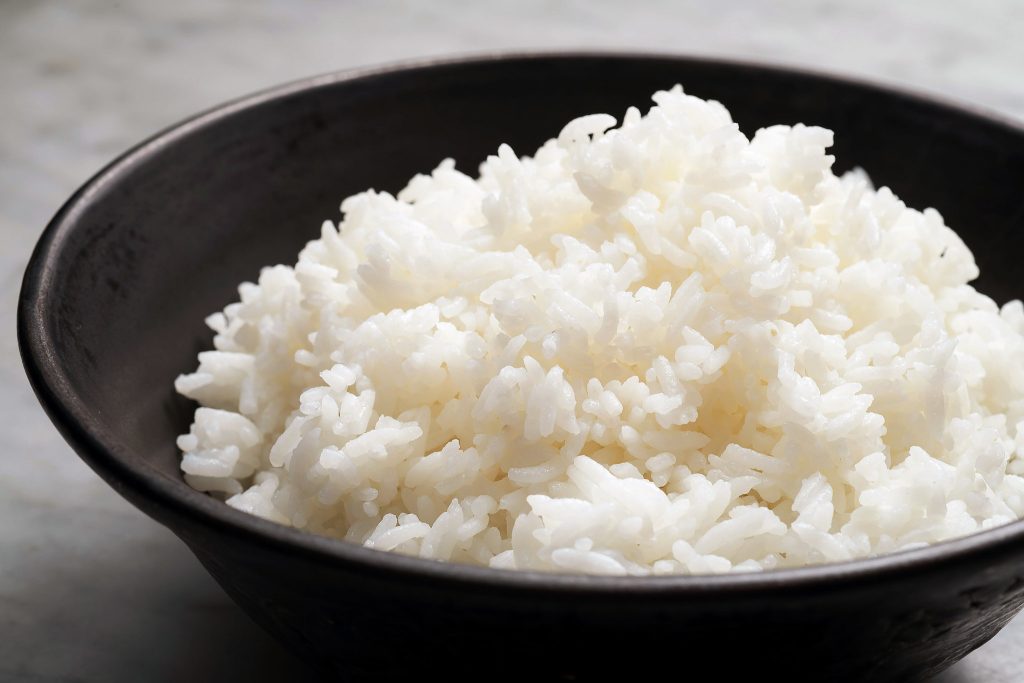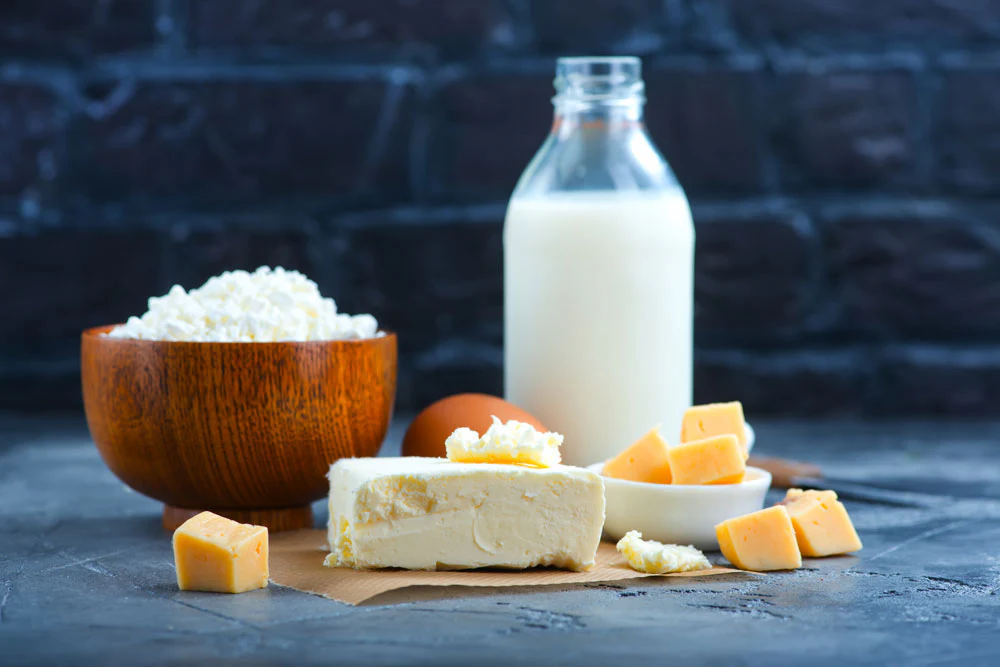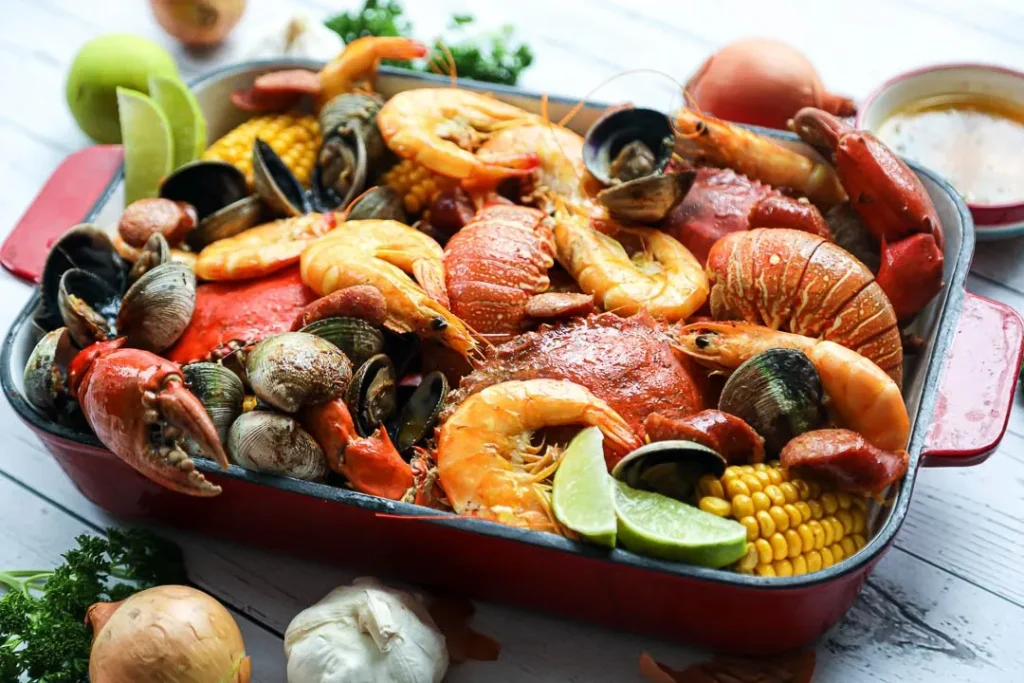You might think that undercooked meat, poultry, or seafood is the main cause of food poisoning. However, surprisingly, one of the healthiest food groups actually tops the list for foodborne illnesses. Let’s take a closer look at the foods most likely to make you sick — and it’s probably not what you think.
Surprise Culprit

Leafy greens, often considered a health food staple, were found to be the leading cause of food poisoning in the U.S. between 2017 and 2022. According to Consumer Reports, vegetables like lettuce, spinach, and kale were linked to 614 illnesses and 50 recalls during this time. The main culprits behind these outbreaks are contaminants such as E. coli and Listeria, which typically originate from polluted irrigation water or improper handling during processing.
Although washing greens is crucial, it doesn’t always eliminate the risk. When irrigation water is contaminated, particularly from nearby cattle feedlots, bacteria like E. coli can proliferate. Additionally, pre-packaged salads can become contaminated during processing, resulting in widespread outbreaks.
Why Leafy Greens?

It may seem surprising that a food group known for its health benefits could pose such risks. Leafy greens, however, are particularly susceptible to contamination because of the methods used in their cultivation and processing. As they are often consumed raw, harmful bacteria such as Salmonella and Listeria can easily enter the food supply, bypassing the protective effect of cooking. This makes leafy greens more prone to causing foodborne illness than many other foods.
In spite of their numerous health benefits, leafy greens have been linked to the highest number of food poisoning-related deaths, with 11 fatalities reported over the past five years.
Another Surprising Offender
Another surprising food group that could pose a danger is fruit, particularly melons and pre-packaged fruit salads. For example, cantaloupe and watermelon are at a high risk of contamination from bacteria like Listeria, which can thrive on their rough skins and cause food poisoning. From 1973 to 2011, there were 34 reported outbreaks of melon-related illnesses in the U.S., resulting in 46 deaths. The rough texture of cantaloupe skins makes it easy for bacteria to hide, which makes them challenging to clean thoroughly.
Frozen and fresh berries, especially those in pre-packaged salads, are also potential hazards. These berries have been associated with outbreaks of hepatitis A and other viruses, mainly due to unsanitary conditions during harvesting and processing.
A Starch with Hidden Risks

Rice can also be an unexpected cause of food poisoning. Uncooked rice may contain Bacillus cereus, a bacterium that produces toxins that can withstand the cooking process. If cooked rice is left at room temperature, these spores can multiply and lead to foodborne illnesses. Therefore, it is essential to refrigerate rice immediately after cooking and ensure it is thoroughly reheated before eating.
Deli Meats

While not as unexpected as leafy greens or fruit, deli meats still present a notable food safety concern. Meats like ham, salami, and hot dogs can contain bacteria such as Listeria, which can thrive in cold conditions, making even refrigerated meats potentially hazardous. Sliced deli meats are especially susceptible, as contamination can happen during processing, handling, or storage.
To reduce the risk, it is important to store deli meats correctly in the refrigerator and ensure they are thoroughly cooked before eating.
Unpasteurized Dairy

Unpasteurized milk and dairy products carry a significantly higher risk of food poisoning compared to pasteurized ones. Raw milk can contain harmful bacteria such as Campylobacter and Salmonella, which can lead to serious illness. In fact, unpasteurized milk is at least 150 times more likely to cause foodborne illness than pasteurized options.
To minimize your risk, it’s best to choose pasteurized dairy products and steer clear of raw milk products.
Risks from the Sea

Improper storage or cooking of fish and shellfish can lead to food poisoning. When fish are stored incorrectly, they can produce histamine, a toxin responsible for scombroid poisoning, a common foodborne illness. Shellfish like oysters and mussels are especially risky due to the possibility of contamination by toxins from algae.
To reduce the risk, always store seafood at the proper temperature and ensure that shellfish are fully cooked.
Reducing Your Risk
Foodborne illnesses are prevalent, but you can take precautions to reduce your risk:
- Always wash your hands before handling food.
- Thoroughly rinse fruits and vegetables.
- Keep food at safe temperatures, especially perishable items such as dairy and meat.
- Prevent cross-contamination by using separate cutting boards and utensils for raw meat and vegetables.
By following these simple steps, you can reduce your chances of food poisoning while still enjoying your favorite foods.





